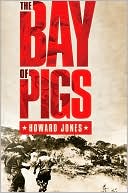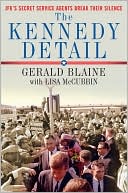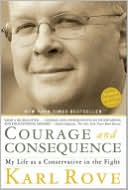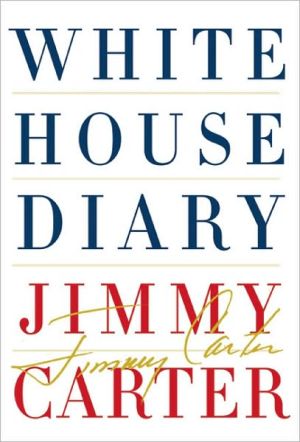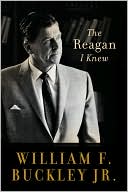The Bay of Pigs
Search in google:
In The Bay of Pigs, Howard Jones provides a concise, incisive, and dramatic account of the disastrous attempt to overthrow Castro in April 1961. Drawing on recently declassified CIA documents, Jones deftly examines the train of missteps and self-deceptions that led to the invasion of U.S.-trained exiles at the Bay of Pigs. Ignoring warnings from the ambassador to Cuba, the Eisenhower administration put in motion an operation that proved nearly unstoppable even after the inauguration of John F. Kennedy. The CIA and Pentagon, meanwhile, both voiced confidence in the outcome of the invasion, especially after coordinating previous successful coups in Guatemala and Iran. And so the Kennedy administration launched the exile force toward its doom in Cochinos Bay on April 17, 1961. Jones gives a riveting account of the battle—and the confusion in the White House—before moving on to explore its implications. The Bay of Pigs, he writes, set the course of Kennedy's foreign policy. It was a humiliation for the administration that fueled fears of Communist domination and pushed Kennedy toward a hardline "cold warrior" stance. But at the same time, the failed attack left him deeply skeptical of CIA and military advisers and influenced his later actions during the Cuban missile crisis. Publishers Weekly In this brief, standard survey, University of Alabama historian Jones (Mutiny on the Amistad) concludes that the 1961 "CIA-engineered" Bay of Pigs invasion marked "a new direction in [U.S.] foreign policy" by combining military force and assassination. When Castroa's seizure of power in 1959 led to mass executions and bellicose anti-American rhetoric, President Eisenhower authorized the CIA to draft a plan for Castroa's overthrow. The plan included Castroa's assassination and landing a brigade of Cuban exiles at the Bay of Pigs. Pressed by building Cold War anxiety in his ranks, President Kennedy approved the plan after taking office in 1961, but reduced air cover in order to conceal U.S. involvement, and an invasion "built on questionable premises and dubious assumptions" quickly foundered. While the abortive invasion "solidified" Castroa's rule, the author says, failure didna't deter Kennedy, whose administration made the overthrow of Castro its "central focus." Extensively researched and cogently reasoned, Jonesa's update of this Cold War turning point for the Pivotal Moments in American History series is a cautionary account of a disastrous foray into regime change. 30 b&w illus; maps. (Aug.)Copyright © Reed Business Information, a division of Reed Elsevier Inc. All rights reserved.
Editor's Note xiAcknowledgments xvPrologue 1Genesis 9Trinidad 31Zapata 45Politics 75D-Day 95Requiem 113Inquisition 131Epilogue 153Notes 175Bibliography 215Index 225
